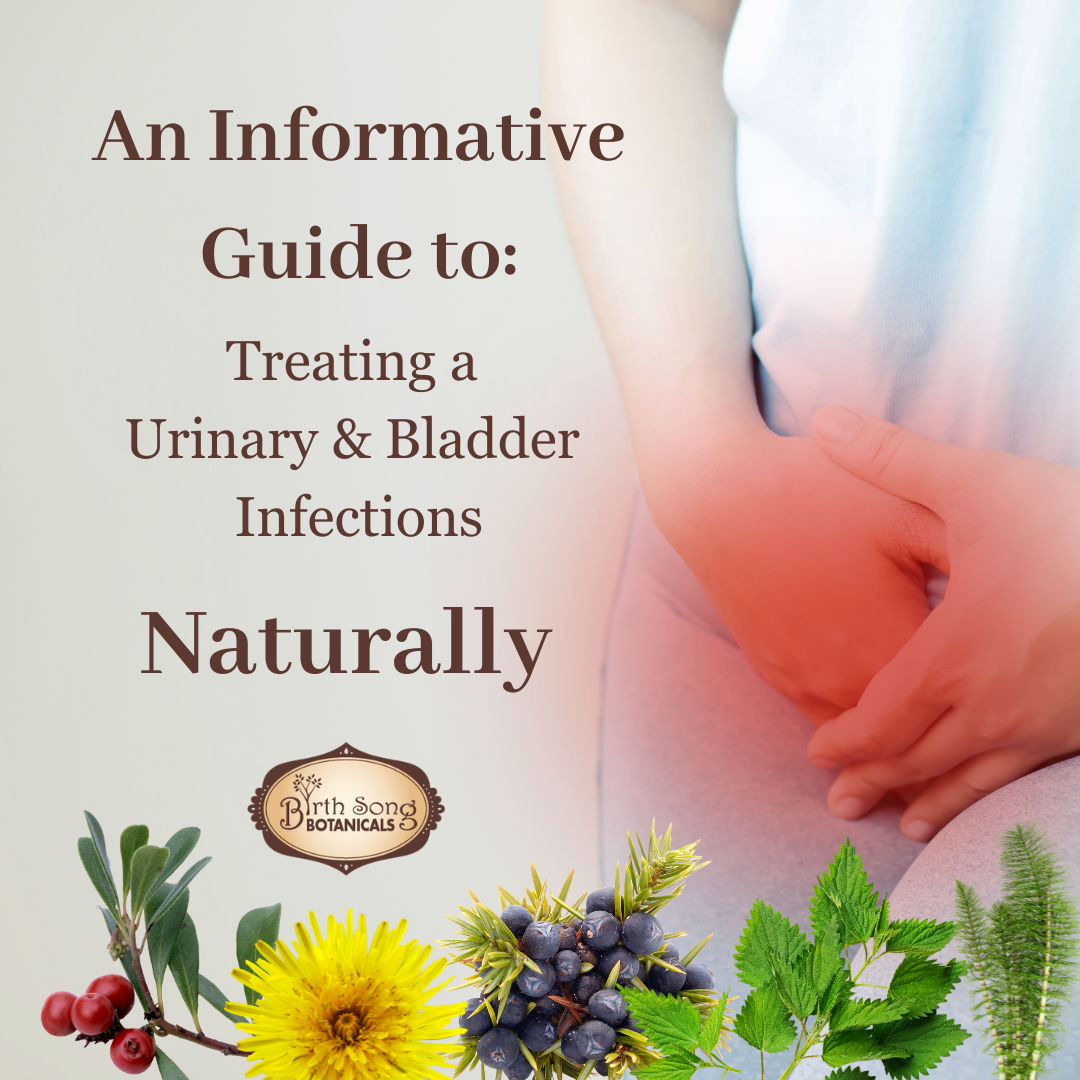Natural Morning Sickness Remedies

In most cases, it takes until 6 or 8 weeks until you start to – for lack of a better phrase – feel pregnant. So the earlier you get those two pink lines or a “congrats” from your care provider, the fewer symptoms you are likely to have right when you discover you are pregnant.
Perhaps you go through those early weeks processing your impending reality and getting everything ready. Or maybe it was morning sickness symptoms themselves that let you know something was up. No matter when morning sickness hits, you know it when it does. Life changes, and you need relief.
What is Morning Sickness?
I know you don’t feel like it in the moment, but morning sickness is a pretty good sign that your body is doing what it needs to do to grow your baby. That’s not to say that a lack of morning sickness symptoms would be a bad sign. It’s just another notch on the “range of normal” you’ll grow used to hearing about as you move through pregnancy and parenthood.
Within that range of normal, you might have morning sickness symptoms early on, late in the pregnancy, or everything in between. It may come on hard and fast or sneak up slowly. The term morning sickness implies a standard expectation, but it may be a misnomer for you. It may be in the morning only or at any point throughout the day.
In other words, morning sickness symptoms vary based on the mother, the growing baby, and even the day.
Why? It seems to be a reaction to hCG levels in the body that won’t be diluted until your blood volume increases later in the pregnancy. Biological purposes might include protecting the mother from potential dietary dangers – but in overkill – or an indicator of digestive panic when you might not be eating enough to sustain both you and the baby. With your metabolism speeding up, blood sugar crashes happen much sooner than when you aren’t pregnant, which can lead to nausea and weakness.
Whatever the reason, we know that a range of morning sickness symptoms is normal, from none at all to rather pervasive. When morning sickness turns into intense and very frequent vomiting, it’s likely to be hyperemesis gravida, a more severe sickness that needs attention from your care provider to slow the vomiting and prevent dehydration.
How to Relieve Morning Sickness Symptoms
One of the primary tenants of midwifery care is that pregnancy is not an illness. Unfortunately, a lot of the symptoms, especially early on, can feel that way. Not only morning sickness symptoms, but weakness, exhaustion and a generally ill feeling can seem to take over.
Each mother’s pregnancy will be different, but there are some tried and true things you can do to help relieve those terrible symptoms and begin to settle into the pregnancy.
Keep Blood Sugar in Check
In order to keep your metabolism busy and blood sugar in check, try to eat small, frequent meals. Protein is definitely important, but start with something sweet and plain like a bite of fruit or some crackers. Once you feel better, you can try to follow it up with a protein. Play around with types of protein that you can stomach – cheese and nuts are usually good starters.
Bedtime can get tricky, especially if you are napping or sleeping sporadically. Help prevent the wake-up crashes that morning sickness is named for by keeping a snack by the bed. Before you even get up, and even in the middle of the night, grab your snack to settle your tummy.
Use Herbal Stomach Soothers
Not all herbs can be taken in pregnancy, but there are a few that are excellent for supporting your digestive system as you slog through morning sickness symptoms.
Red raspberry leaf and ginger are both classic herbs for pregnancy and stomach soothing, though they both have a bit of controversy surrounding their safety in early pregnancy. In most cases and uses, I find them to be helpful and perfectly fine when used properly. If you’re concerned, talk with your care provider and an herbalist who is familiar with your health history.
Fennel, peppermint, and lemon are also incredibly soothing for morning sickness symptoms and upset stomachs. A milk thistle supplement supports the liver, which sometimes relieves all of that hard work your body is doing and can result in symptom relief. B-vitamins, though not an herb, are important nutrients that may need to be supplemented.
Sipping an herbal pregnancy tea like Lady in Waiting can keep you hydrated while delivering soothing herbs to your body. Tinctures like Stomach Soother may deliver faster results when you can’t get much down. You can use both of these throughout pregnancy, when nausea may return in late pregnancy or even during labor. Stomach Soother can be helpful for bouts of colic after baby is born, as well.
Tip: Freeze Lady in Waiting tea into popsicles with a bit of juice to soothe an upset tummy or laboring mama even more.
When Morning Sickness Symptoms Have Gone Too Far
As moms, it’s all too easy for us to power through sickness and write our own needs off when mom guilt takes over. But don’t take excessive morning sickness symptoms lightly. If it’s been 24 hours of frequent vomiting without holding anything down, it’s time to talk to your care provider. Dehydration is too great a risk.
If you’re feeling like you’re on the path to dehydration, try taking a warm (not hot) bath in water, perhaps with chamomile added. Spend right at 20 minutes in the tub, without the water being so hot that you start sweating.
In the first 15 minutes in the tub, your skin will hydrate. In the last 5 minutes, the calming benefits of chamomile will begin to absorb into your skin. More uses for chamomile and perfecting the art of the herbal bath are available in my eBook The Herbal Pregnancy, a free gift to you as you walk this journey into motherhood.
I really hope these tips help you to feel better soon so you can enjoy your pregnancy! Remember this blog is for educational purposes!
Hugs,
Maria
🌸
🌿Want more?!? Check these out!🌿
- How To Prioritize Pregnancy Nutrition
- Pregnancy Sleep Survival Guide
- 3 Keys to a Healthy Pregnancy
- 3 Benefits of Herbal Pregnancy Tea to Help Prepare You for Birth
- Finding Relief from Pregnancy Insomnia
- The Ultimate Natural Pregnancy Guide
- Coping with Pregnancy Pain and Discomfort
- How to Have a Fit Pregnancy and Be Healthy
- Digestive Issues in Pregnancy
- Natural Morning Sickness Remedies
- The Long History of All-Natural Pregnancy Care
- Pregnancy Heart Word Podcast Session
- How Nettle Can Prevent Postpartum Hemorrhage
- 15 Ways to Heal After A Miscarriage
- The Difference Between a Doula and a Midwife
- Different Kinds of Doulas for Birth and Postpartum
- Hiring A Home birth Midwife Starts With An Effective Consultation
- 50 questions to ask your Midwife, OB, and Doula
- Home Birth Supplies List
- Why Home Birth is Safer Than The Hospital- For Natural Birth
- Birth Plan Template For Home Birth- Have An Empowering Birth At Home
- Cultivating Heart-Centered Decision-Making in Pregnancy and Parenting: A Guide to the Full-Body-Yes Feeling!
- 10 Ways to Plan Your Blessing Way Ceremony
- How to Induce Labor Naturally and Safely
- Cesarean Sections: Risks, Prevention, and Herbs for Recovery
- Include Your Partner And Speak the Love Languages of Birth
- Hospital Bag Checklist
- Four Healthy Habits to Start on Your Baby’s First Day
- Self Care Must Haves for Labor
- What I Wish I Knew About Breastfeeding Before Baby Was Born
- Children at Birth- Should you have your kids with you when you give birth?
- Oriana's Beautiful Home Birth Story
- How to Plan or Prevent Pregnancy
- Overcoming Mom Guilt When Having Another Baby
- What to Expect When Going Overdue
- Breastfeeding While Pregnant
- Journey into Motherhood
- 3 Pervasive Problems Pregnant & Postpartum Women Experience
- Natural Remedies for Bacterial Vaginosis BV
Remember to:
Like our Birth Song Botanicals Facebook Page
Follow Birth Song Botanicals Co. on Instagram
Read our Birth Song Botanicals Blog
Watch Birth Song Botanicals on Youtube
Listen to Birth Song Botanicals on SoundCloud
Be inspired by Birth Song Botanicals on Pinterest











